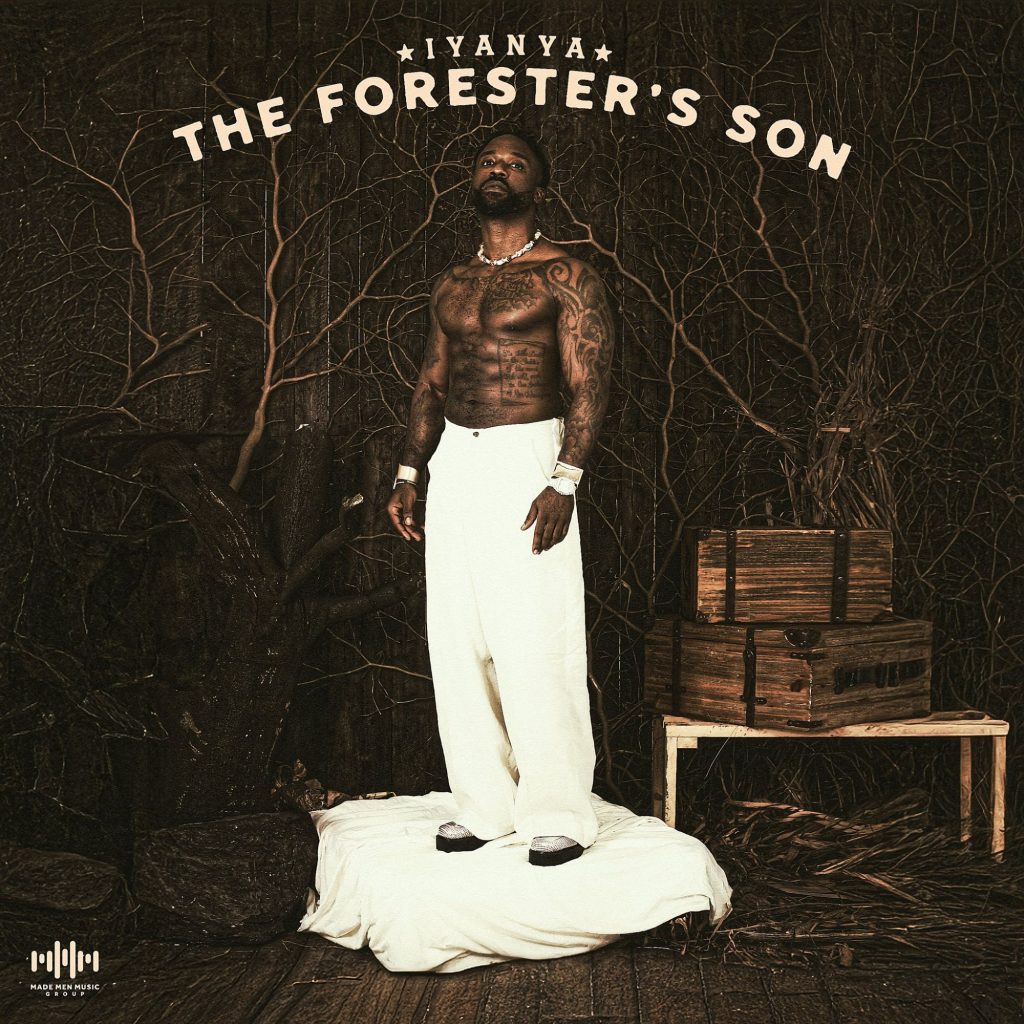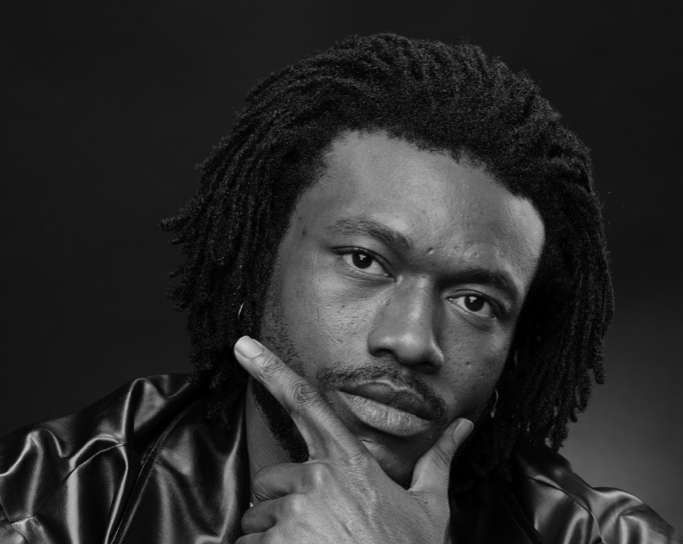A classic album isn’t simply a project of exceptional quality, positive critical reception and tangible commercial acceptance. A height that should be breached for an album to be considered a classic and timeless body of work—is the longevity metric. The album in question must age like fine wine and have standout records that overstay their welcome in the mainstream and even in the secluded areas, defined by listeners’ personal preferences.

Asa’s Asha classic status is undisputed. What’s even more impressive about its success is that it was released in a year, that produced numerous mainstream commercial classic albums, and yet—it stood its ground, despite being an alternative/folk album that didn’t fit into the high-octane, energetic club bangers that were being belted out at the time. P-Square’s Game Over, Timaya’s True Story and Mohits’ Curriculum Vitae all dropped in 2007 also and went on to become classic records. However, they were all pop records, which makes Asha’s feat much more unprecedented.
Asha wasn’t just a success in Nigeria. Through stand-out evergreen records like Jailer, BI’Banke, Fire On The Mountain and No One Knows, it got massive airplay from radios across Europe, Asia and Africa and went on to win the prestigious French Constantin Award in 2008, where Asa was voted best French talent, out of 10 singers—by a jury of 19 music industry specialists in Paris. But how good was this record, really that it achieved such acclaim at home and overseas?
Like every great album, Asha is a very cohesive body of work and the major factor that makes it sonics unified and wholesome—is the prominent use of guitar strings as the bedrock of its production. The opening track, Jailer features strong acoustic-electric guitars, overlapping mild classical strings. The fusion is seamless and the latter strings almost go unnoticeable, until specific parts of the song where the electric ones are stripped off.

On this exact song, Asa is telling a very profound story on the complexity of perspective dynamics. The premise is that she’s a prisoner, serving time but she gives multiple examples, citing how the jailer in question is also a prisoner, bind by the overarching constraints of society. “I’m in chains, you’re in chains too” is a simple allusion to the fact that the jailer is also constricted by the limitations of his job, principles and even morals, just like everyone else. Asa even taunts him further on the moral ground and quotes a Bible verse, John 8:7 “Let he that is without sin, be the first to cast the stone.” Thus making clear that he isn’t any better off, even though he’s not in chains.
On the next track, 360 Asa doesn’t descend from her altar of imploration. This time around she’s pleading that people look inward, for the solutions they spend years finding outside in barren places. She’s hoping that people have the capacity, to realize their mistakes and hubris and know when to abandon values that aren’t fruitful. “We don’t have to go the 360°, now it’s the time to go the 180°” is a metaphor for urging people to stop going in circles that don’t yield anything, and know when to turn back and set out on a new path. The prominent guitar strings here are acoustic, unlike Jailer.
The guitar riffs change again on Bibanke, where they are classical strings—over a backdrop of somber piano keys. It suits the mood of heartbreak and unrequited topic of the song. Asa is derelict here, singing “You say girl, never be afraid of ever, ever loving me. Those words I hung on to, God I was a fool” highlighting how jilted she feels over her lover not keeping to his promises. Towards the ending, she iterates that she doesn’t wants to be pacified and should simply be left alone to her heartbreak, so she can feel. Here, she hits rock bottom and wallows in her pain. A typical indication of immense grief.
Even when she has moved past the initial phase of clawing grief, she’s still cautiously wary about love on Subway, questioning if it’s even real. “I have come from faraway, to see this go down the drain” is the evidence of the demons she’s overcome and trumped, as a result of her last debacle. The topic deviates from love and its vices, when we reach Fire On The Mountain, a track that is the grueling portrayal of society today, which is almost clairvoyant as this album came out 15 years ago.
The iconic chorus goes along the lines of “There is fire on the mountain and nobody seems to be on the run” encapsulating some of modern day vices. An individual could be in trouble on the street, yet folks around would be more concerned about recording on their phones, than raising alarm and calling for help. A brawl could be escalating and only few people would be proactive about defusing it, while majority would be enamored with the ongoing spectacle.

As if recognizing the need for a beacon of hope, after acknowledging the under bellies of humanity on FOTM, Eye Adaba aims to inspire and buoy spirits. It’s a soulful ballad, with soft acoustic strings that maintain the somber mood of the album, yet uplifting lyrics. In the song, she uses a dove as a metaphor for good tidings and peace. The symbolism is powerful and her resonant vocals help in conveying the sentiment well.
Asa is still in her inspirational bag on No One Knows, except it’s from a more neutral, objective perspective than hopeful optimism that it was on Eye Adaba. As far as she is concerned, there is no need for bad blood, wars and general strives. Tomorrow is uncertain, and the best we can do as individuals—is revel in the moment and be the best versions of ourselves.
Awe is probably the best-written track on the album. All the elements of Asa’s stellar writing comes to the fore. Narrative elements, provoking synonyms and even intricate storylines that have plot twists. Entirely sung in Yoruba, Asa tells the story of a young, starry-eyed man, smitten by the beauty and glamour of a woman from a contrasting, urban world. Like every person liberated from the archaic shackles of the rural life, he succumbs too much to the guilty pleasures of the city and the woman in question.
Eventually the sordid tale, ends with the birth of a child that bares zero resemblance to the man and chaos ensues. Asa’s perspective is that of an embittered Aunt, who is facing the social repercussions of her nephew’s scandal and is lamenting about the shake and disgrace he has brought on the family’s name. Although the story is set in Ejigbo, a town on the outskirts of Lagos and entry of Ogun—her accent in the song is a blend of Lagos and Oyo varieties.
Like she was on Eye Adaba and No One Knows, Asa is a beacon of hope once again on Peace. This time around, she’s preaching the gospel of resilience and urging her people to find the will to forge ahead, even when obstacles arise. When the introspective odyssey of the album finally comes to an end with So Beautiful, she’s eulogizing the strength and sacrifices of her mother and appraising her for the Queen she is.

The overall standout quality of the album is the empathy of Asa’s pen and how she never comes off as preachy, despite speaking from a critical standpoint on human vices for a huge chunk of the album. Even on Awe, where her character is lamenting, it’s from a place of hurt and bitterness brought about by the predicament of the situation. Asa never for once transcends the lens of the things she’s criticizing, into a corporeal reality of an all-knowing persona, but instead embodies the concerned individual, burdened with the woes of her fellow man.
The production is quite minimalistic and doesn’t do anything revolutionary, as regards fusion of sounds but it’s not a detraction to its quality. If anything, it’s a compliment to its cohesion. The variety of topics and rich nature of Asa’s vocal texture and expansive sonic palette, provides much needed diversity and keeps monotony at bay. Her songwriting then takes it to a higher level of narrative immersion and escapism. Indeed, the classic status of this album is very much deserved.
This review is written by T.J. Martins, an album talks’ writer.







Reading your article helped me a lot and I agree with you. But I still have some doubts, can you clarify for me? I’ll keep an eye out for your answers.